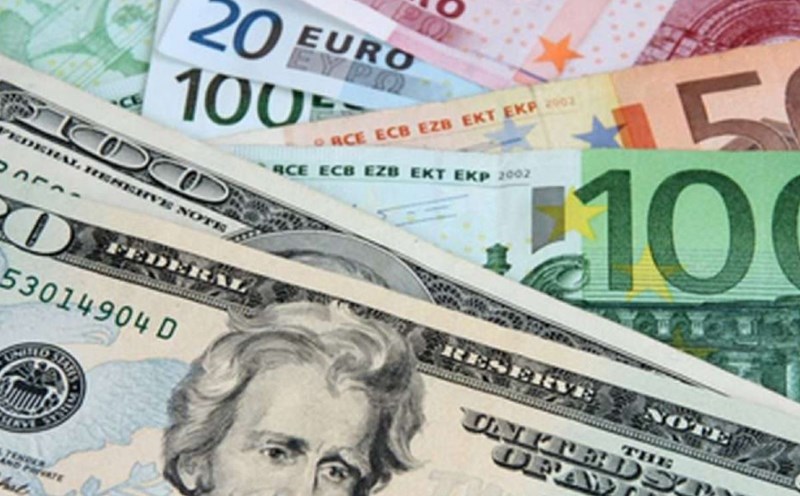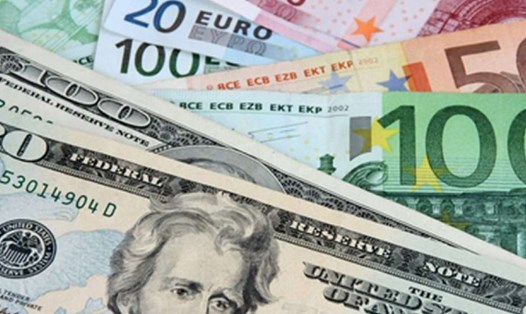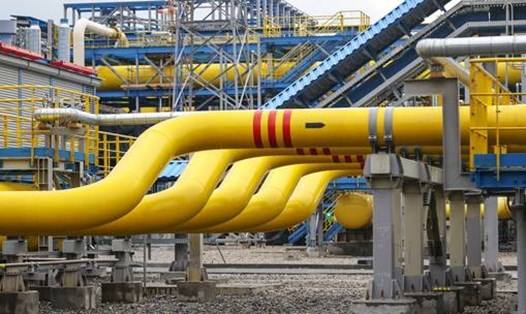From December 31, 2024, the gas transit agreement between Russia and Ukraine expired, causing Ukraine to decide to stop the transit of Russian gas to Europe via its pipeline system. Ukrainian Energy Minister Herman Halushchenko stressed that this decision was made for reasons of "national security".
The suspension of transportation has caused Russia to lose an important market, and forced Europe to seek alternative supply in the middle of a harsh cold winter.
Turkey, with its strategic geographical location and developed energy infrastructure, is emerging as a safe alternative to Europe's gas supply. Turkey currently receives Russian gas via the BlueStream and TurkStream gas pipelines, as well as gas from Azerbaijan and Iran via the TANAP system.
TurkStream starts off the Russian coast, runs through the Black Sea for more than 930 km and lands in the Thrace region of Turkey. TurkStream directly connects the largest gas reserves in Russia to Turkey's gas transport network, providing reliable energy for Turkey, Southern and Southeastern Europe.
In addition, Turkey also produces gas from the Black Sea, creating conditions for the country to become a gas transit hub to countries such as Bulgaria, Hungary, Romania, Moldova and Northern Macedonia.
Hurriyet Daily News quoted Emin Emrah Danış, an energy expert from MOBEN, as saying that Turkey owns a modern gas pipeline system capable of importing and distributing gas from various sources to European countries.
With gas from Russia, Azerbaijan, Iran and domestic production, Turkey can meet Europe's growing demand.
If routes connecting to Greece and Bulgaria are strengthened, Turkey's gas exports to Europe will increase sharply.
Turkey is currently the safest route to supply gas to Europe, Danış stressed. We can transport both imported gas and domestically produced gas.
Since the Soviet era, Russia has been the EU's largest gas supplier. However, the suspension of transit through Ukraine is prompting countries in the region to seek new sources of supply.
Before the Ukraine conflict, Russia supplied about 40% of the EU's natural gas, which played an essential role in heating, electricity generation and industrial maintenance. Major gas pipelines such as Nord Stream 1 and transit routes through Ukraine are an important bridge bringing gas from Russia to Europe.
However, since the conflict broke out, the EU has imposed a series of sanctions on Russia, causing Russia to cut gas to many EU countries, causing energy prices to skyrocket and plunging Europe into a serious energy crisis.
For its part, Russia has increased gas exports to China and India, and signed long-term energy agreements with Asian countries to reduce dependence on the European market.









